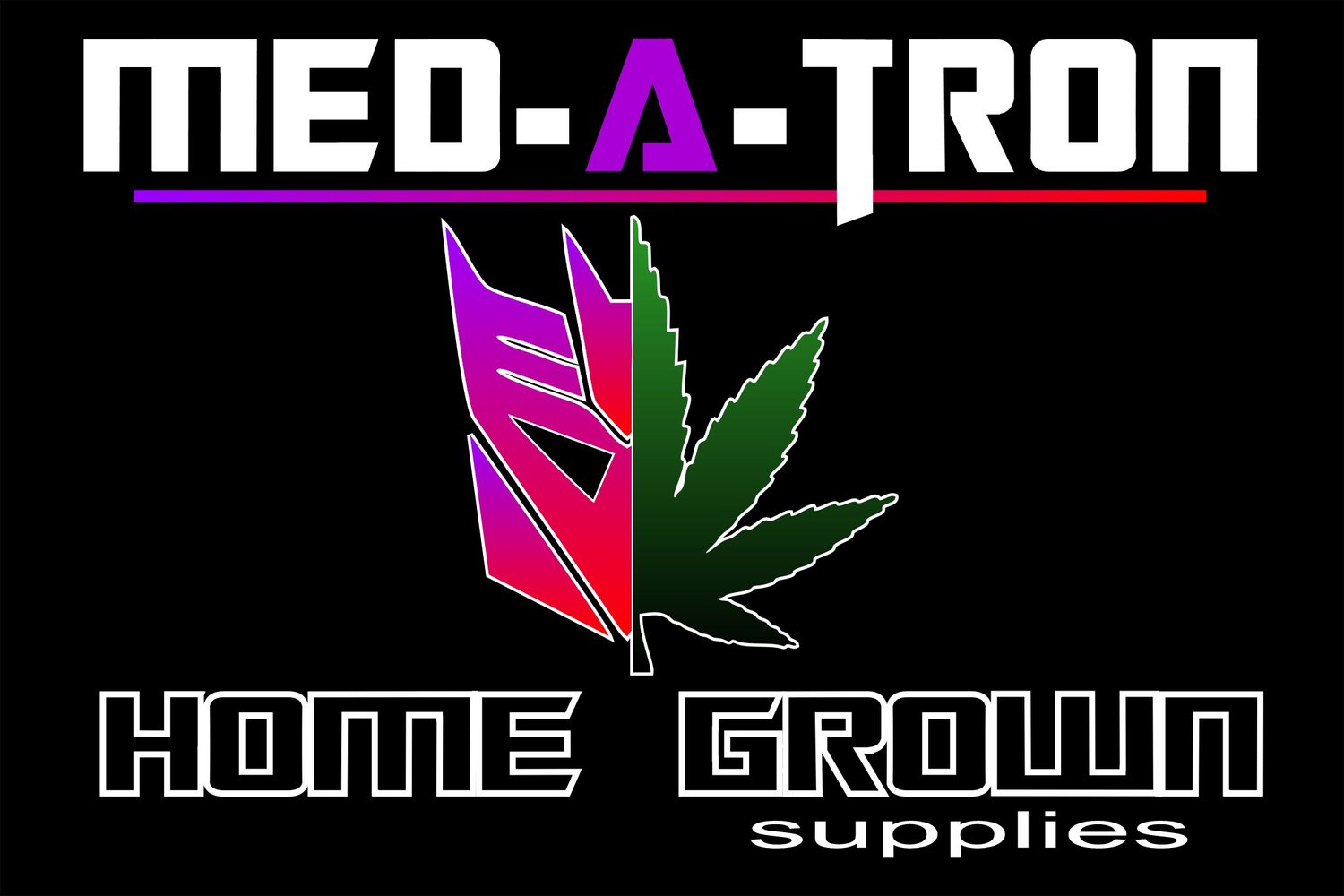5 Common Problems Growers Face in Connecticut
Navigating Challenges in Herb Gardening
Gardening enthusiasts in Connecticut who choose to cultivate a certain distinctive herb often encounter a variety of challenges. Understanding these issues is key to ensuring a healthy and thriving garden. Here, we explore the five most common problems and offer solutions to help you maintain a flourishing green space. After all, we want you to succeed when it comes to cultivating this plant.
Pesky Plant Pests
One of the biggest issues that growers face is when pests invade. These unwanted visitors, including spider mites, aphids, and whiteflies, can significantly damage your plants.
Solution: Regular inspection of your plants and the use of natural or organic pest control methods can help keep these critters at bay. Neem oil and insecticidal soaps are effective remedies. If you need particular advice, then make sure to stop by our store. We’re happy to point you towards the best way to get rid of unwanted critters.
Nutrient Deficiencies
Your special herbs require a balanced diet of nutrients. Signs of nutrient deficiencies might include discolored or misshapen leaves. Not only can this eventually kill the plant, but it can mean that they won’t be as productive as they normally would.
Solution: Ensuring a well-balanced nutrient solution and monitoring the pH levels of your soil or hydroponic solution can prevent these deficiencies. It's crucial to follow a feeding schedule appropriate for the growth stage of your plants.
Diseases and Fungal Infections
Diseases such as root rot and powdery mildew are common and can be devastating. This is, perhaps, the hardest situation to recover from. Once root rot sets in, it’s almost guaranteed that you’ll lose your plant. Fortunately, there are ways to help with this.
Solution: Good hygiene practices, adequate spacing between plants for air circulation, and proper watering techniques can help prevent these issues. Fungicides may also be used as a preventative measure.
Environmental Stress
Stressors such as temperature fluctuations, improper lighting, and physical damage can impact the health of your plants. In Connecticut in particular, it’s important to monitor temperature. As the saying goes, if you don’t like the weather in New England, just wait five minutes.
Solution: Maintaining a consistent environment with the right temperature and light conditions is essential. Avoiding physical damage by gentle handling is also crucial.
Humidity Challenges
Both high and low humidity levels can pose problems. High humidity can lead to mold and mildew, while low humidity might stress the plants.
Solution: Use a hygrometer to monitor the humidity levels. Employing humidifiers or dehumidifiers can help maintain the ideal humidity range for your plants.
Conclusion
Gardening in Connecticut, especially when it involves special herbs, can be both challenging and rewarding. By understanding and addressing these common problems, you can ensure a thriving and healthy garden. Remember, successful gardening is a mix of patience, knowledge, and adaptability.
